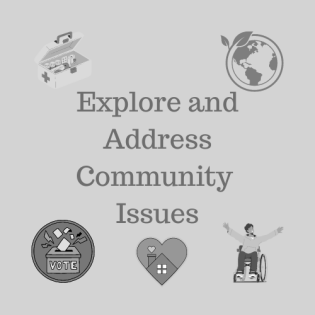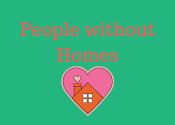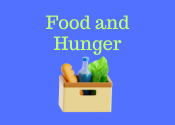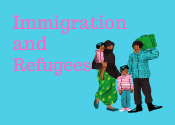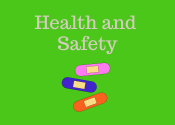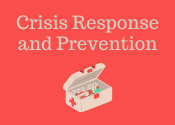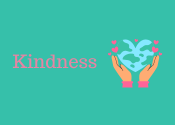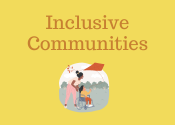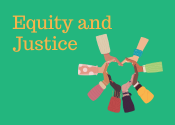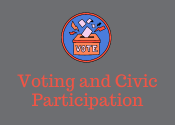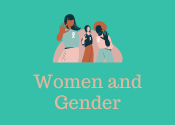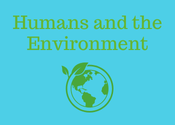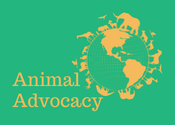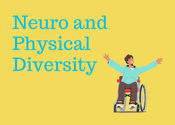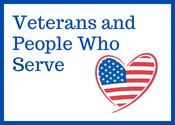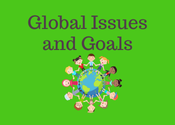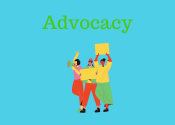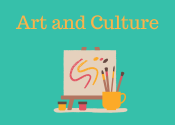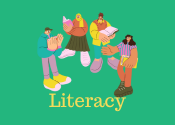Explore and Address Community Issues
Explore and Address Community Issues
Youth Explore and Take Action on One of These 18 Issue Areas. These issue-area toolkits help youth dive deeply into and take action on specific issues they care about or have identified as areas of need in their community. Each toolkit includes:
- background on the featured issue,
- community connections,
- project ideas, and
- planning guides.
The toolkits are for youth, educators, group leaders, families, and community groups.
Toolkits Related to Helping Neighbors
There are many different situations that cause families and individuals to lose their homes. Empathy and information can help break stereotypes and barriers and may help connect people to resources in the community. This toolkit provides information, activities, and resources to help youth use their voice, heart, and hands to take big and small actions for a meaningful purpose.
When families experience hunger, the community can respond by providing access to healthy food. Hunger is caused by many societal factors that nonprofits are working to address. Youth can listen to people and groups to learn how to take big and small actions that help raise awareness of and fight the issue of hunger.
The US is a country of immigrants, a mosaic of different cultures and practices adding richness to a society that embraces the beauty of diversity. Some immigrants and refugees, however, are treated with disrespect or even cruelty. Young people have the opportunity to raise awareness of the value of embracing people of all backgrounds and situations.
There are many ways to be healthy and safe and build a healthy community. These lesson plans, project ideas, and community resources help youth understand and advocate for healthy and safe choices for self and community, as well as learn about advocacy for good practices, disease research, anti-smoking/vaping, and mental health.
When a crisis upends life or disaster strikes, whether caused by nature or humans, the humanitarian spirit of individuals and communities swells. The lesson plans, project ideas, and links to nonprofit resources here provide opportunities to explore actions that young people can take before and after disaster strikes.
Kindness is hardly ever wrong in any situation. Patience, standing up to injustice, and generous listening can take courage, but focusing on small things we can control can make it more manageable. This toolkit provides information, activities, and resources to help youth take big and small actions to promote kindness.
Ensuring that all people feel included, supported, and seen is the work of building a community. Youth of all abilities may serve as culturally competent peers and ambassadors for their peers who are marginalized or misunderstood. This toolkit inspires youth to notice and speak up about accessibility and inclusion. The resources included here are great for adult- or youth-led groups.
Toolkits Related to Civic Action
While no two persons are the same, this can unite us rather than divide us. As citizens of a fair and just society, we have the ability to take big and small actions to help us create a more equitable world. This toolkit links to background information, activities and resources, and project ideas related to equity and advocacy.
Preparing youth for responsible citizenship includes caring for others and the common good, understanding how government, business, and nonprofit systems work, listening to diverse points of view and having civil conversations, and advocating for a cause. This toolkit includes background information and project ideas related to civic participation and voting.
Voting and Civic Participation
Women around the world face challenges at all levels of income, education, global development, and age. In addition, anyone who identifies as transgender frequently faces judgment and discrimination. This toolkit provides information, advocacy tools, lessons, and project ideas to help young people take action to change the worldview of gender equity.
Toolkits Related to Environmental Themes
Being outside, caring for plants and animals, and conserving natural resources are often a young person’s first experience with environmental stewardship. Young people looking to a sustainable future may learn about aging water pipes, plastics in the ocean, overuse of natural resources, and air pollution. This toolkit shares resources to take action now as environmental stewards.
Love of animals may motivate youth to learn about threatened or mistreated animals. They may volunteer at the local shelter or donate toys and treats. They may choose to become vegetarian or teach others about cruelty-free farms. View this toolkit of books, community connections, lesson plans, project ideas, and background information related to animal advocacy.
Toolkits Related to Communication and Advocacy
Society is enriched when it embraces our differences as gifts and characteristics to understand and respect. People with neurological or physical differences have often been seen as less capable or received services that separated them from others. Each young person has a voice, heart, and hands to take big and small actions to help us create a more inclusive world.
Get to know the stories of people who represent a life of service. They may be veterans who chose to serve in the military or people who have served as activists or volunteers. Young people can listen to their stories, show respect, and practice their own service. These activities, project ideas, and community resources prompt discussions and service that build respect for people of different roles, types of service, and generations.
The U.N. established 17 Sustainable Development Goals to guide service. From poverty to education to environment and refugees, the issues of the world are the issues of our communities. This toolkit provides information, activities, and resources to help youth take big and small actions to address some of the worlds most important problems.
Teaching youth at the earliest ages about using their voice prepares them to be civically engaged now and later. Learning about issues and using one's voice is a right and a civic responsibility and vital to a healthy democracy. It teaches them to learn more about issues and see each person as a valued member of society with an equal vote and an important voice.
Toolkits Related to Creative Arts
The nonprofit sector assures we have the arts through which people gain joy and explore and discuss the themes of life. Art may be an expression and communication tool to advocate for issues. This toolkit includes lesson plans, project ideas, and background information related to the arts.
Each person develops literacy, or the ability to read and write, on their own time table and related to their brain development, personal interests, and temperament. Young people can build literacy in their community by surrounding children with language, making a variety of reading materials available, and sparking playful and thoughtful conversation.
